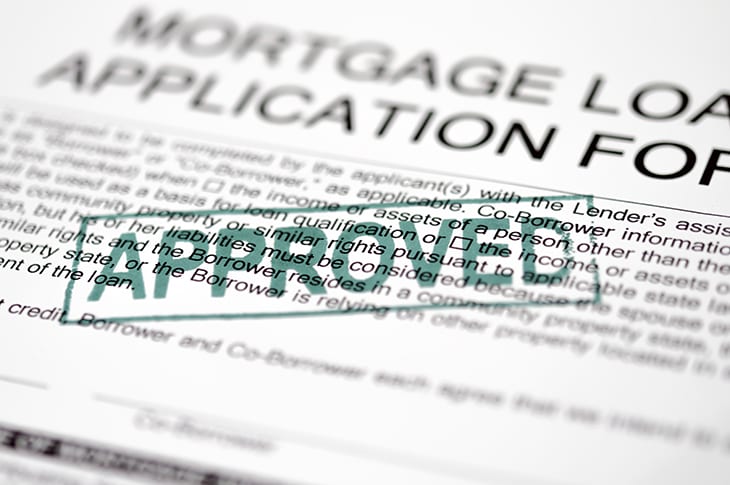CONTACT US TO IMPROVE YOUR CREDIT FOR PERSONAL LOAN APPROVAL
When you apply for a loan, getting rejected can be disheartening and often surprising, especially if you thought you had a decent credit score.
It’s crucial to understand that lenders consider a wide array of factors beyond just your credit score. This article delves into the various reasons that could lead to loan rejection and how you can better prepare for your next application.
Factors Beyond Credit Scores
High Debt-to-Income Ratio
One of the primary reasons lenders reject loan applications is a high debt-to-income (DTI) ratio. This ratio measures your total monthly debt against your gross monthly income. A high DTI ratio signals to lenders that you might struggle to manage additional debt payments.
Insufficient Income
Regardless of how stable your job might seem, if your income does not meet the lender’s minimum requirement, your loan application might be rejected. Lenders need to ensure that you have enough income to cover your existing obligations plus the new loan.
Employment Stability
Lenders look for stable employment history when reviewing loan applications. Frequent job changes or gaps in your employment history can be red flags that may lead to rejection.
Loan Purpose and Amount
The reason for your loan and the amount you request can also impact approval. For instance, a loan for a speculative investment might be seen as riskier than a loan for home improvements.
Credit History and Score Details
Length of Credit History
A short credit history provides less data for lenders to evaluate your financial behavior and can be a reason for denial.
Credit Utilization Rate
This is the ratio of your current revolving credit usage to the total available credit. High utilization can negatively affect your credit score and lead to loan denial.
Recent Credit Inquiries
If you’ve applied for several credit lines recently, it could indicate financial distress to lenders, leading to rejection.
Types of Credit in Use
Lenders also consider the mix of credit types you manage (e.g., credit cards, student loans, auto loans). A diverse credit mix can sometimes help your application, whereas too many of one type can be detrimental.
Application and Documentation Issues
Errors in Application
Simple mistakes in your loan application, like typos in your personal details or errors in your income, can cause delays or denials.
Inadequate Documentation
Failing to provide necessary documentation such as proof of income, employment verification, or identification can halt the loan process.
Mismatch in Application Details
Inconsistencies in your application details versus your documentation can raise concerns about fraud and lead to rejection.
External Factors
Economic Climate
The broader economic environment affects lending decisions. During an economic downturn, lenders might tighten their credit policies.
Lender’s Internal Criteria and Policies
Each lender has unique criteria and internal policies that could affect your loan approval. These may include minimum credit score requirements, income levels, and more.
Psychological and Behavioral Aspects
Psychological Impact of Rejection
Being rejected for a loan can be stressful and impact your mental health. Understanding the reasons behind the rejection can help mitigate these effects.
Behavioral Changes Post-Rejection
It’s important to use the rejection as a learning experience. Analyze why it happened and make necessary adjustments to your financial habits or credit management strategies.
Understanding the multifaceted reasons behind loan rejection can empower you to address potential issues before reapplying. Remember, each rejection provides insights into what you need to improve to enhance your chances of future approval.
A DTI ratio below 35% is typically preferred by lenders.
Consider peer-to-peer lending platforms, credit unions, or financial products designed for lower credit scores.
Loan amounts are determined based on your income, debt levels, and the purpose of the loan.
Are you struggling with Bad Credit? Register with Enhanced Credit Repair today so see how we can improve your credit score in as little as 30 days.


